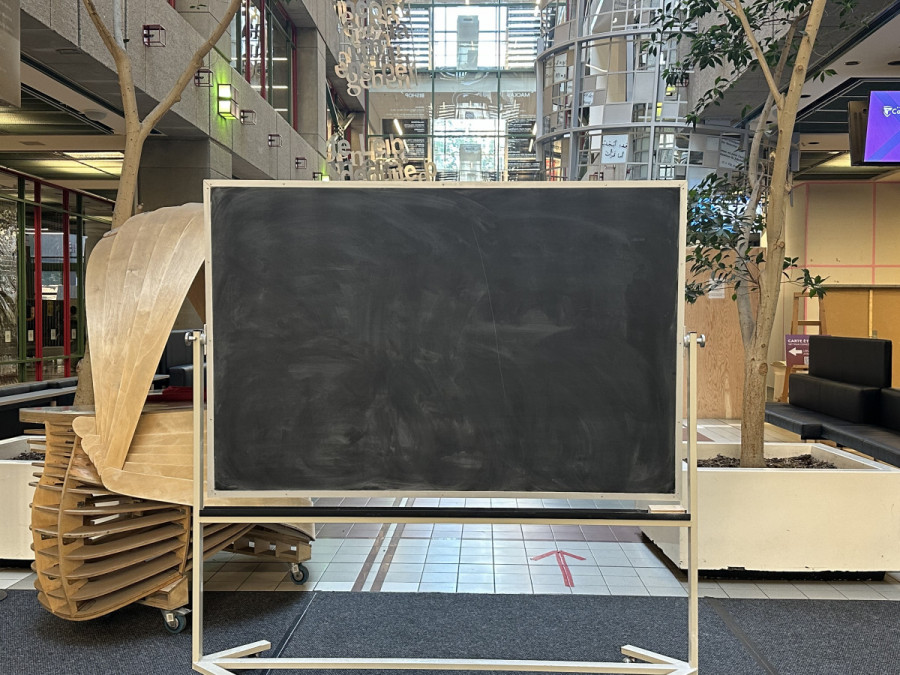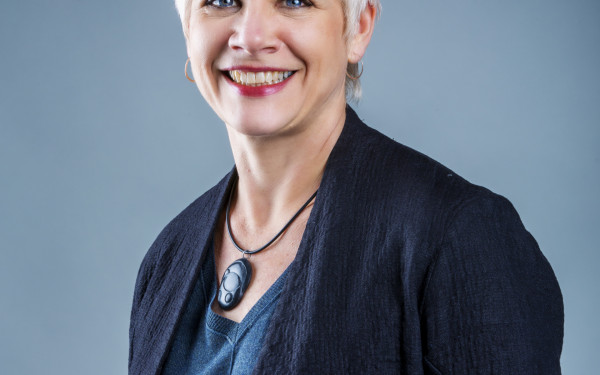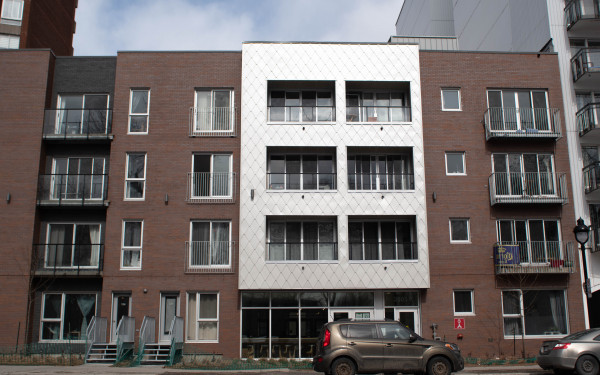Academic freedom: The good, the bad, and the ugly
Will Bill 32 make students feel less safe in classrooms?
On April 6, 2022, Bill 32 was tabled in Quebec in order to protect academic freedom in universities. Two months later, the bill was passed. The decision stirred controversy among students and professors, as they felt betrayed and disappointed by the government’s decisions.
The bill permits the Minister of Education to make changes to university academic policies if they find that they are a threat to academic freedom. As a response, 130 professors signed an open letter in protest.
The conversation around the bill started in 2020 after Premier Francois Legault criticized the University of Ottawa for suspending a professor for using the N-word in one of his lectures. Similar instances have also occurred at Concordia numerous times in 2019, 2021 and 2022.
Academic freedom has been a concept in education for decades. It was created to ensure scholars, professors and students could teach and learn without the interference from the government or public institutions.
However, because of Bill 32, that traditional definition is in jeopardy. The bill defines academic freedom as “the right of every person to engage freely and without doctrinal, ideological or moral constraint in an activity through which the person contributes, in their field of activity, to carrying out the mission of an educational institution.” Professors and institutions challenged the new definition, blurring the lines between freedom of speech and academic freedom.
“The problem is the harm that [the blending of terms] causes for racialized students,” said Colleen James, CEO of Divonify, a Canadian equity, diversity and inclusion training company. She explained that “there are things grounded in research, but now [the government] is saying there's a freedom of speech element here... It completely causes harm and isolates students, even faculty and administration who identify as racialized groups who have been dehumanized historically. It further perpetuates harm,” she said.
James specified that the issue with the bill correlates with the lack of diversity in schools and in government. “It puts into question even the type of people we have working within institutions. These are colonialist institutions, predominantly white, upholding the same standard of white supremacy. It's completely isolating for students,” she said.
James elaborated on the effect that the bill might have on marginalized students. “What are students paying for? To be subjected to harm, to be marginalized, to be used as examples. It's very concerning—and from a Black student's perspective—I've been in classrooms where lecturers have used derogatory terms and how that feels. It's that sense of whether I am even respected as a student on the campus or within the classroom.” she explained.
Additionally, the bill requires universities to create a council that handles complaints and oversees the implementation of the bill. If the university fails to do so, the law allows for the minister of higher education to enforce the regulations.
On May 19, at a Concordia Senate meeting, the proposed draft for an academic freedom policy was presented in front of the Senate for approval. Multiple drafts of the document were posted on Concordia’s Provost website, they are currently inaccessible. In the draft, the university outlined the definition of academic freedom, as well as the composition of the committee that would oversee complaints and academic freedom-related issues.
The committee will oversee the implementation of the academic freedom policy, examine complaints relating to a violation of academic freedom and make recommendations on issues relating to the matter.
However, according to Ted McCormick, a senior professor in the history department at Concordia University, the policy is unclear and not student or professor-centered.
McCormick explained that the issue lies in the lack of explanation on how the committee will function or what kind of power they will have over the university body. He said that the university hasn’t outlined how the committee will vote, what the sanctions for misconduct will be or if the consequences will be the same for students and faculty members. “In practice, it seems like a lot of the interpretive work, and presumably a lot of the recommendations that the committee will be voting on, are going to be made by a subcommittee. Who knows who it will be composed of?” he added.
The issue hasn’t only been noticed by professors. Alexandrah Cardona, academic and advocacy coordinator for the Concordia Student Union (CSU), said one of the biggest concerns with the new policy is that there were no student representatives present for its creation.
“Anytime there's a lack of student participation at the drafting level [that’s] where you later have students [...] who face the consequences of learning how policies might leave them out or how they might fall through the cracks,” she said.
For her, in order for students to see a change, especially for BIPOC students, community work would need to be a priority.
“It does go back to the student community and organizing because it's just a matter of fact that those who had decision-making power at the university [...] tend to be older in age, white. So being able to make sure that [student] voices are represented, it's really necessary to create that community and join those student groups and reinforce some of the positions those student groups take,” Cardona added.
A further concern was raised by the history department. In a letter to Provost Anne Whitelaw, the department outlined the issue with the number of students’ and professors’ seats on the committee.
According to the policy, the committee will consist of ten seats, three of which are taken by non-academic members. Undergraduate and graduate students are given one seat each, and five seats are given to teaching staff.
In the department's letter, professors were also concerned with the voting power of the committee. It reads that “senior administrators would control not less than three and up to four votes of ten, despite the fact that they are not engaged in academic work and are, as noted above, most often on the offending side of academic freedom violations,” the statement read.
According to Concordia Spokesperson Vannina Maestracci, "senior administration has 3 members on the Committee and one of these members (The Chair) only votes in case of a tie." She continues to explain that the Department's letter to Provost Whitelaw was sent regarding a draft in March. That draft was not final. She stated that the university has taken steps to ensure academic freedom for those affected by it.
“Given that claims of violations of academic freedom almost exclusively affect faculty members (teaching and research), a small working group was put in place to draft the policy, which included two CUFA members and two Concordia University Part-Time Faculty Association (CUPFA) members. The group then had wider consultations with the community, including separate meetings with undergraduate students and graduate students,” she stated.
More than a year since the passing of Bill 32, and with Concordia’s Academic Freedom committee underway, students and faculty members are bracing for impact.
In a previous iteration of this article, there was an error in the composition of the Academic Freedom Committee. It consists of three non-academic members, not four. In addition, there are five faculty members appointed by CUPA and CUPFA, not four. The Link regrets this error.
This article originally appeared in Volume 44, Issue 1, published September 5, 2023.







